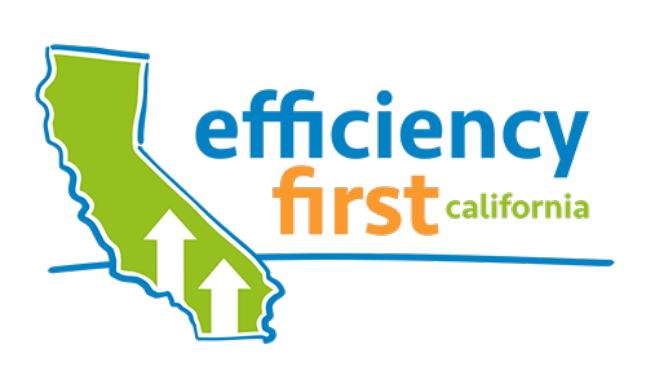
Recovery Ventilators: Energy Savings and Compliance Credit in the 2022 Energy Code
Improved health and cognitive performance. Easier Title 24 compliance. Utility bill savings. These are the reasons to consider incorporating Heat Recovery Ventilators & Energy Recovery Ventilators (collectively Recovery Ventilators or RVs) into your next high-performance home project.
Nick Brown, the instructor installed his first RV in his home during COVID, when his daughter and two friends did their schoolwork from the office together. CO2 levels spiked in the early afternoon in that room, because only Title 24 minimum mechanical ventilation was designed into the house. He solved the problem by installing a Heat Recovery Ventilator and has advocated for these systems ever since. The new All-electric ADU he built has one, as well, and we will draw on these experiences and data gathered from these units to better understand these mechanical ventilation systems and their benefits.
We will also go over how to add an RV to a Title 24 compliance energy model and the change in energy use that results. We’ll present various configurations of RVs, including through-the-wall paired units, packaged HRVs and packaged ERVs, and various ducting options.
Learning Outcomes:
- Understand the basics of how Recovery Ventilators (RVs) work to improve indoor air quality in homes and reduce heating and cooling energy use
- Learn the energy code requirements for mechanical ventilation and how RVs produce a Title 24 compliance credit
- Model a case study home using RVs and examine the energy use in various configurations
- Hear best practices for specifying and installing RVs
Learning Units:
1.5 AIA HSW LU approved for this course
0.15 ICC CEU approved for this course
Instructor:


